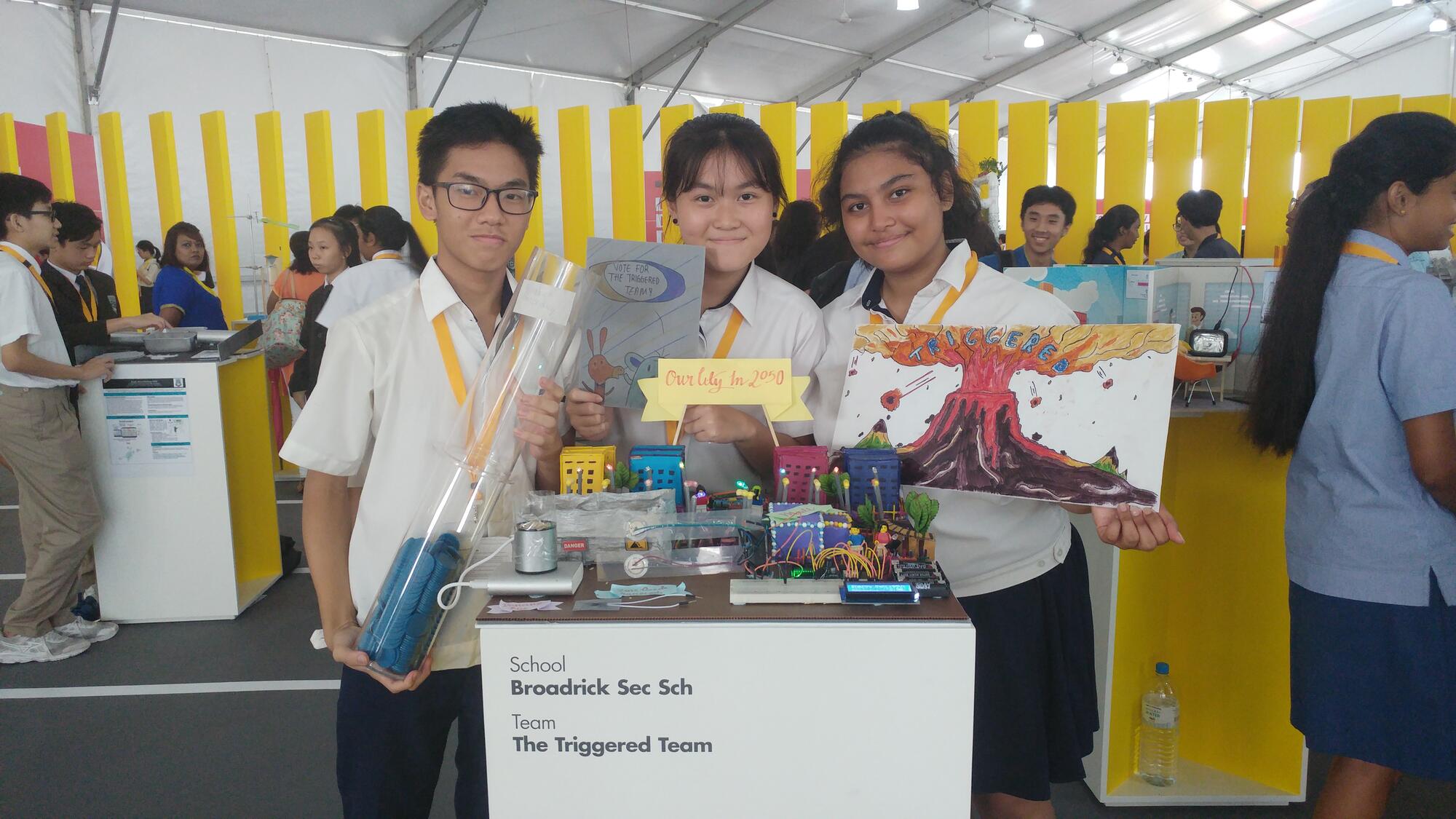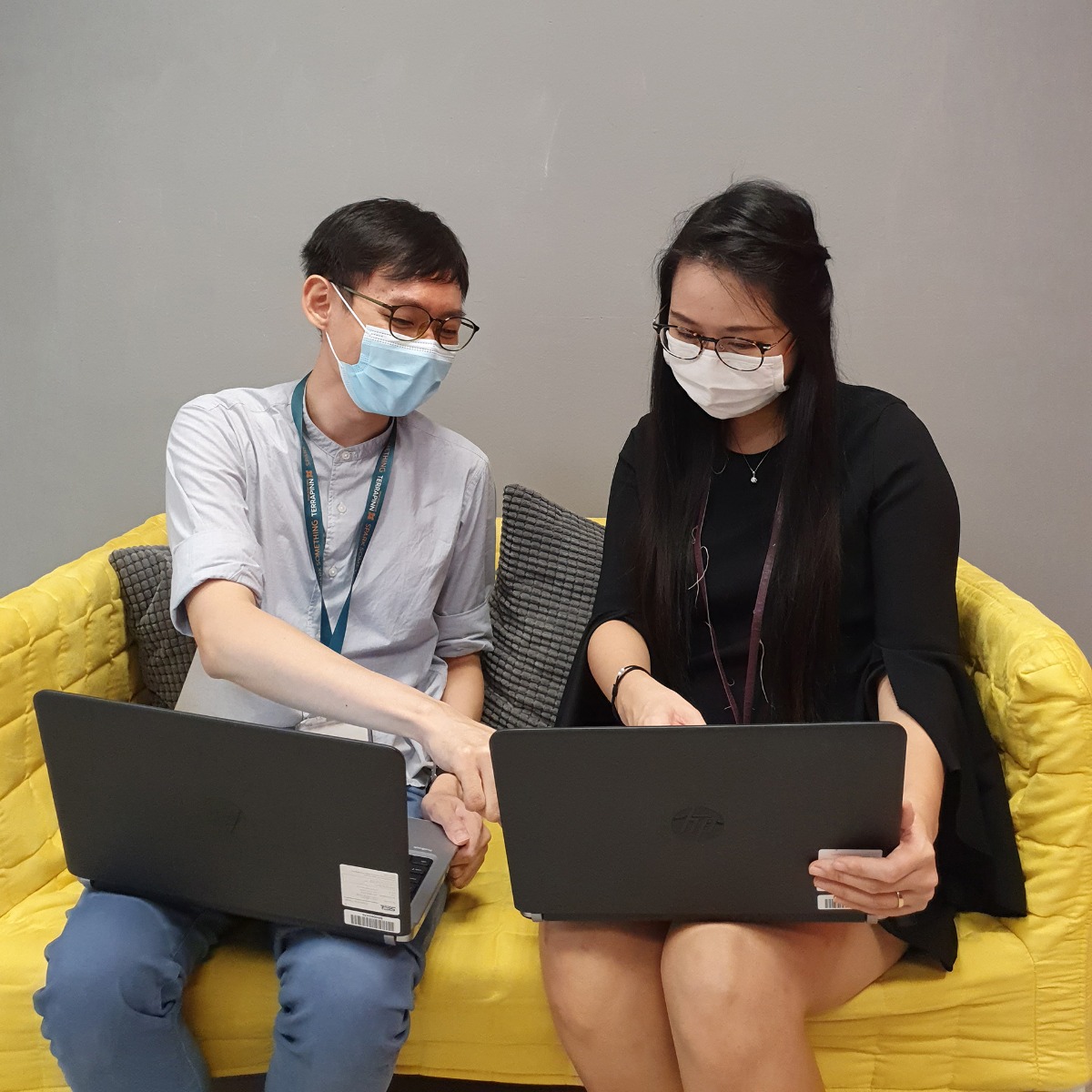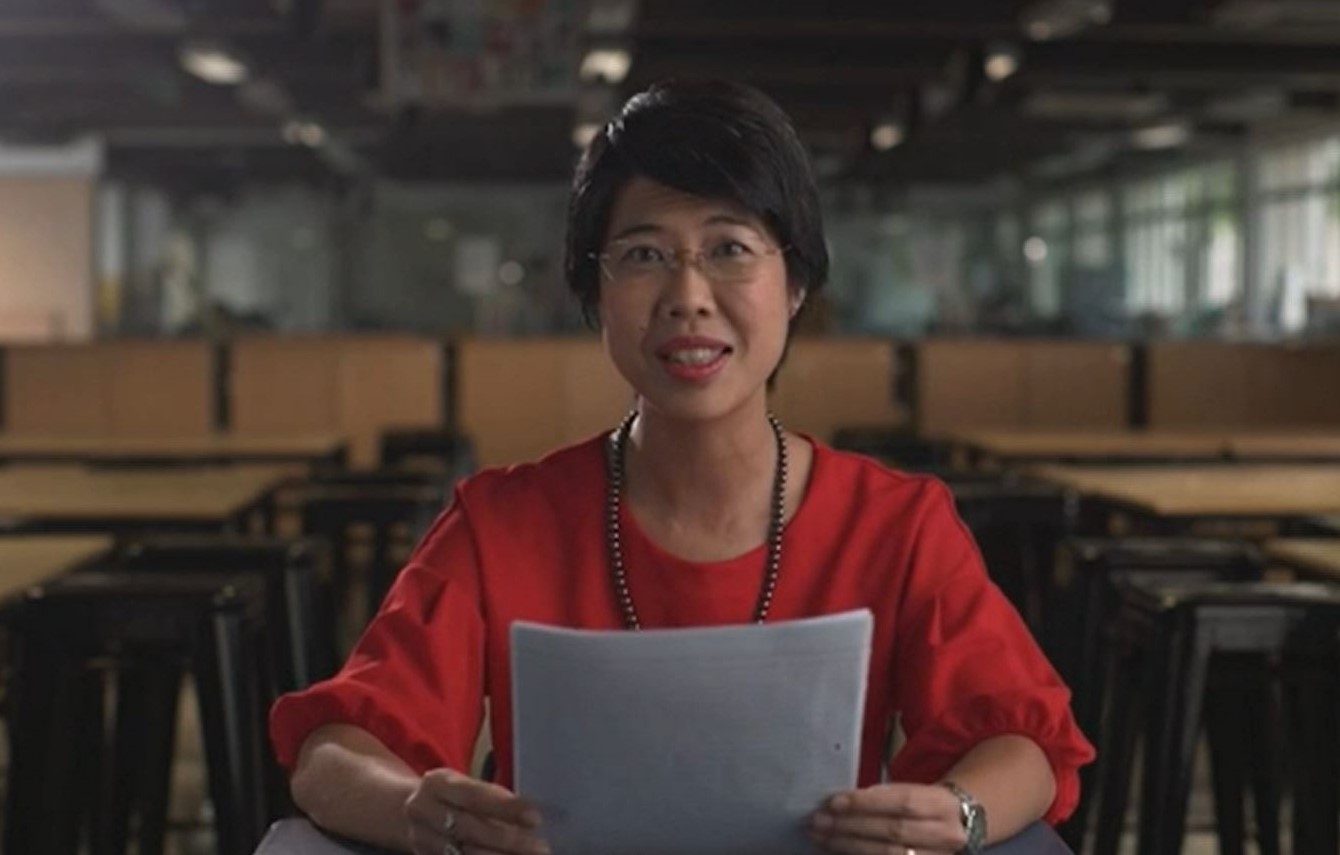Fuelled by Super Powers
If Superman depends on the power of the Sun for his strength, does he have a dietary plan to stay in shape? Have we actually seen him eat in his movies?
Spider-Man developed enhanced vision and an athletic body within 24 hours after being bitten by a genetically enhanced spider. Why? Did the mutation selectively activate specific glands or organs to promote metabolism?
As a child, I was fascinated by superheroes, following all their cartoons on television. Their feats instilled in me a curiosity about the potential of the human body. Up till this day, I am fascinated by the mysteries in our DNA.
During my Biology lessons, I encourage students to draw connections between what they learn in the classroom, to things they can relate to in their daily lives. One way I have helped them do this is by using their favourite superheroes to discuss biological concepts. Students find lessons more enjoyable when they get to discuss these questions.
Of course, there are avid superhero fans in my classes who complain: “Mr Ibrahim, now I can’t enjoy the movies the same way again!” Well, at least I know my students are adopting scientific thinking even in the cinema and they are starting to question things happening in daily life.
Valuing the Family
Another connection I help my students make is between biology and their families. Specifically, when covering human reproduction, I get students to think about the physical and emotional challenges that a mother may face during and after pregnancy.
I ask them: “Are you aware that as an infant, you needed round-the-clock supervision just to ensure that you were well-nourished and remained safe?” Such parenting challenges are often unnoticed by youths, but I am aware of them as a father of three young children.
As a father, the journey has not been easy, but it is a fulfilling one. It gives me great joy to watch my children achieve small successes as they progress through their developmental years. Often, our students fail to appreciate that their very existence is their parents’ pride and joy.
These reflections help students to better appreciate their parents, and realise that their parents have been and will always be their heroes. I recall an email from a mother, whose son thanked her for going through so much pain to bring him into this world. Due to my lessons, her son has become more open in wanting to talk to and learn from her. Hearing such a feedback makes me treasure the influence that I have on my students as an educator.
Applied Learning
The ties between Biology and the values we cherish also have relevance in the community. I have led a team of teachers to design a project which saw more than 600 students interacting with needy families in the Eunos area, and Tembusu Home for the Aged over three years.
This has evolved into Manjusri Secondary’s current Applied Learning Programme, in which students work in groups to better understand the Smart Nation initiative and focus on developing solutions to improve the lives of elderly through Smart Home and Assistive technologies.
The programme has helped to raise awareness and empathy in our students as they consider the needs of the elderly and under-privileged people in Singapore in order to better their lives.
Often, the lessons that leave the greatest impact are those that engage our hearts, allowing us to rediscover ourselves and shape us into who we are and will be in the future.
It is therefore important that we continue to inculcate the value of empathy and altruism to bolster our efforts in nurturing a knowledgeable and future-ready generation, who will lead us into writing the next chapter of our Singapore story.



.jpg)


